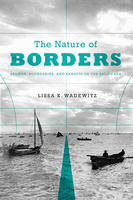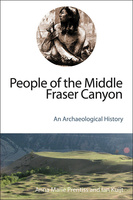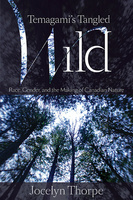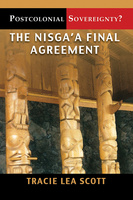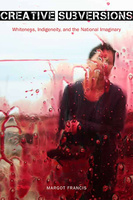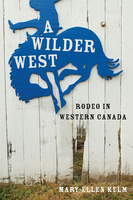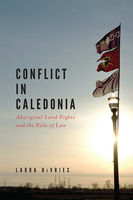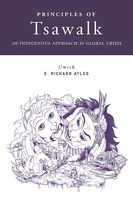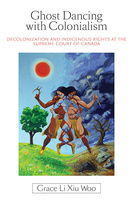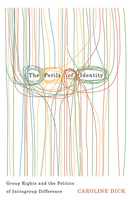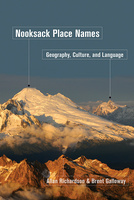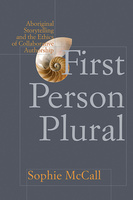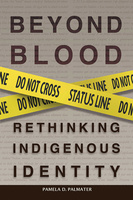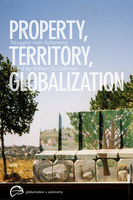The Nature of Borders
Salmon, Boundaries, and Bandits on the Salish Sea
This transnational view provides an understanding of the modern Pacific salmon crisis and reorients borderlands studies towards the Canada-US border while providing a new view of how Native Borders worked.
People of the Middle Fraser Canyon
An Archaeological History
The first synthesis of the archaeological and ethnological evidence pertaining to the St’át’imc or Upper Lillooet people of the Mid-Fraser Canyon.
Prophetic Identities
Indigenous Missionaries on British Colonial Frontiers, 1850-75
An exploration of how two missionaries in southern Africa and western Canada used their faith and ties to Britain to rearticulate the meaning of indigeneity.
Temagami's Tangled Wild
Race, Gender, and the Making of Canadian Nature
This book shows that wilderness is created rather than discovered, and describes how the creation of wilderness has led to the marginalization of Aboriginal peoples from their territories.
Postcolonial Sovereignty?
The Nisga’a Final Agreement
An extensive examination of the significant Nisga’a Final Agreement and the effect on Aboriginal and government relations.
Creative Subversions
Whiteness, Indigeneity, and the National Imaginary
This book explores how whiteness and Indigeneity are articulated through commonplace symbols of Canadian identity and how the work of contemporary artists is subverting these nostalgic accounts of the past.
A Wilder West
Rodeo in Western Canada
Challenging the well-worn images of rodeo as a white man’s sport, A Wilder West shows how rodeo brought together Aboriginal and settler men and women into relationships of competition and camaraderie, forging new identities and communities in the process.
Conflict in Caledonia
Aboriginal Land Rights and the Rule of Law
A powerful account of how land disputes reflect complex and often competing understandings of law, landscape, and identity among First Nations and non-Aboriginal people in Canada.
Principles of Tsawalk
An Indigenous Approach to Global Crisis
Hereditary chief Umeek weaves together Nuu-chah-nulth and Western worldviews to revitalize contemporary approaches to the environment and the plight of indigenous peoples.
Ghost Dancing with Colonialism
Decolonization and Indigenous Rights at the Supreme Court of Canada
Drawing on history, international law, and recent decision-making in the Supreme Court, this book seeks the truth behind allegations that Canadian law continues to colonize Indigenous peoples.
The Perils of Identity
Group Rights and the Politics of Intragroup Difference
Caroline Dick asks how group identity claims, especially in the courts, obscure significant intragroup differences.
Nooksack Place Names
Geography, Culture, and Language
The first comprehensive study of Nooksack place names in Washington State and southern British Columbia, based on historical records and field trips with elders.
First Person Plural
Aboriginal Storytelling and the Ethics of Collaborative Authorship
Focusing on the 1990s, when debates over voice and representation were particularly explosive, McCall investigates a wide range of “told-to” narratives that have shaped the struggle for Aboriginal rights in Canada, and asks what is at stake in crafting a politics and ethics of collaboration.
Beyond Blood
Rethinking Indigenous Identity
Despite what the criteria of the Indian Act states regarding Aboriginal status, Palmater argues that blood should not determine belonging.
Property, Territory, Globalization
Struggles over Autonomy
Focusing on sites of friction in property regimes, this book reveals that a politics of place can help local actors build bases of autonomy to withstand, and even reshape, the forces of globalization.

